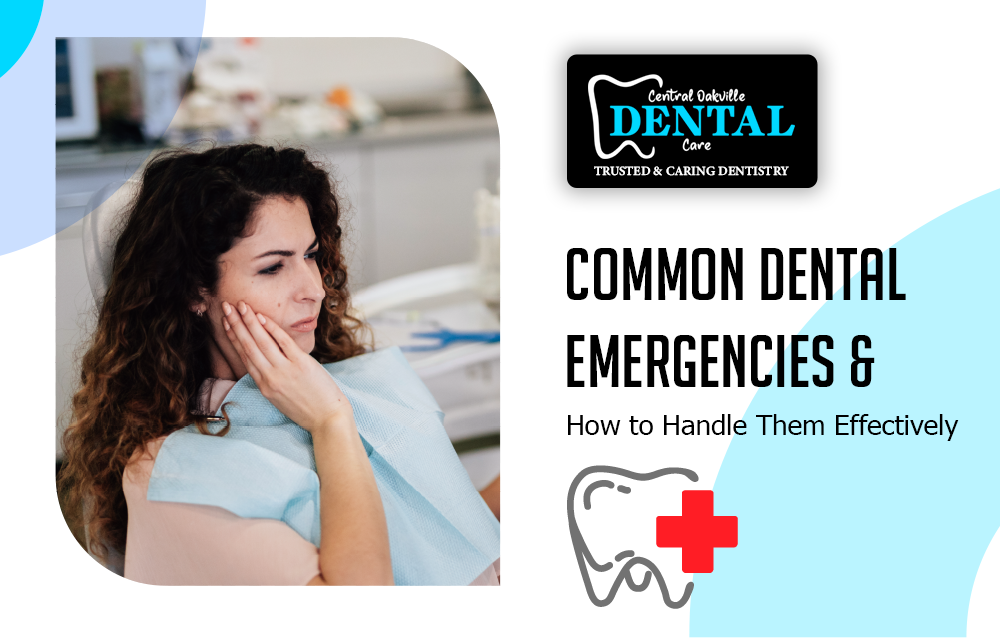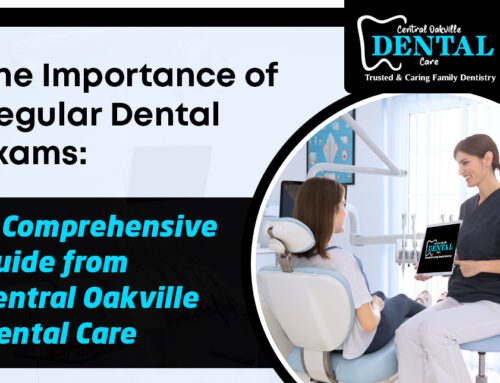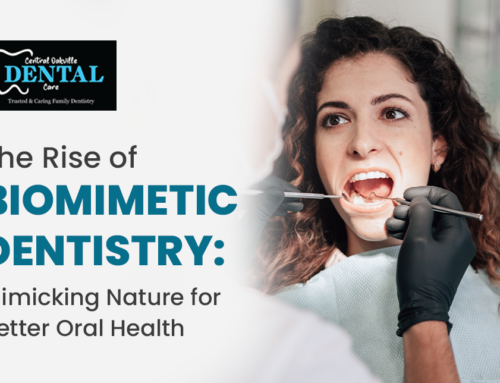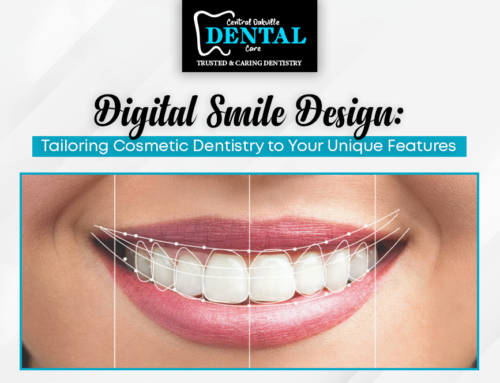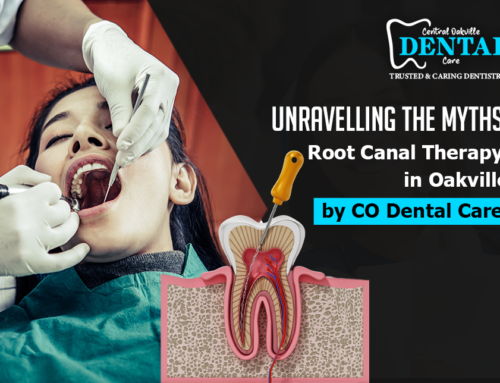Introduction
Dental emergencies can happen to anyone, anywhere, and being prepared to handle them effectively is crucial for maintaining optimal oral health. In Canada, understanding common dental emergencies and knowing how to respond can make the difference between saving a tooth and facing more extensive dental issues. This article explores some common dental emergencies and provides practical guidance on how Canadians can handle them with confidence.
Toothache:
Toothaches can be caused by various factors, including tooth decay, infection, or injury. If experiencing a toothache, Canadians are advised to rinse their mouths with warm water, floss gently to remove any trapped debris, and take over-the-counter pain relievers as recommended. It's essential to avoid placing aspirin directly on the gums, as this can cause burns. If the pain persists, consulting a dentist in Canada promptly is crucial to identify and address the underlying issue.
Knocked-Out Tooth:
A knocked-out tooth is a dental emergency that requires immediate attention. Canadians who experience this should handle the tooth by the crown (not the root), gently rinse it with water if dirty, and attempt to reinsert it into the socket. If reinsertion isn't possible, placing the tooth in a cup of milk or saliva can help preserve it until reaching a dentist. Time is of the essence in saving a knocked-out tooth, so seeking professional care in Canada promptly is vital.
Broken or Chipped Tooth:
When a tooth breaks or chips, Canadians should rinse their mouths with warm water and collect any broken pieces. Applying a cold compress to the affected area can help reduce swelling. Dental wax or sugar-free gum can be used to cover sharp edges temporarily. It's crucial to visit a dentist in Canada as soon as possible for proper evaluation and potential restoration.
Lost Dental Filling or Crown:
Losing a dental filling or crown can expose sensitive tooth structures and cause discomfort. Canadians experiencing this emergency can use dental cement, available at pharmacies, to temporarily cover the exposed area. Avoiding chewing on the affected side and seeking prompt dental attention in Canada will help prevent further complications and restore the dental restoration.
Object Stuck Between Teeth:
If an object gets stuck between teeth, Canadians are advised not to use sharp objects to dislodge it, as this can cause damage. Instead, gently floss between the teeth to remove the object. If flossing doesn't work, it's important to consult a dentist in Canada to avoid causing injury to the gums or teeth.
Abscess or Gum Infection:
Dental abscesses or gum infections can lead to severe pain and swelling. Canadians experiencing symptoms such as a persistent, throbbing toothache, swollen gums, or facial swelling should seek emergency dental care. Rinsing the mouth with warm saltwater can provide temporary relief until professional help is available in Canada.
Orthodontic Emergencies:
Individuals with braces or other orthodontic appliances may encounter emergencies such as broken wires or brackets. Canadians can use orthodontic wax to cover sharp edges temporarily and alleviate discomfort. Seeking assistance from an orthodontist in Canada is essential for addressing the issue and preventing any impact on the overall treatment plan.
Conclusion:
Handling dental emergencies effectively requires quick thinking and the right actions. In Canada, where oral health is a priority, understanding how to respond to common dental emergencies is essential for maintaining a healthy and functional smile. Canadians are encouraged to be prepared by having a dental first aid kit at home, including items such as dental wax, over-the-counter pain relievers, and contact information for emergency dental services.
While these tips provide general guidance, it's crucial for Canadians to consult with a dentist for personalized advice and prompt treatment in case of a dental emergency. Timely intervention can make a significant difference in preserving oral health and preventing more extensive dental issues in the long run. To know more contact Central Oakville Dental Care today.
